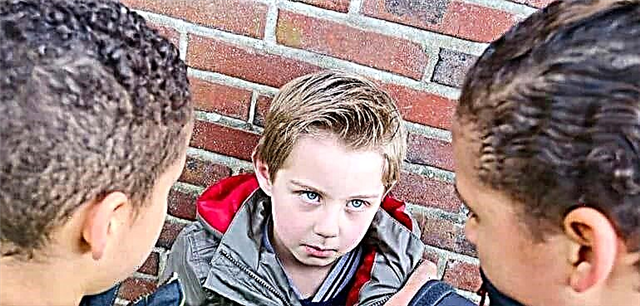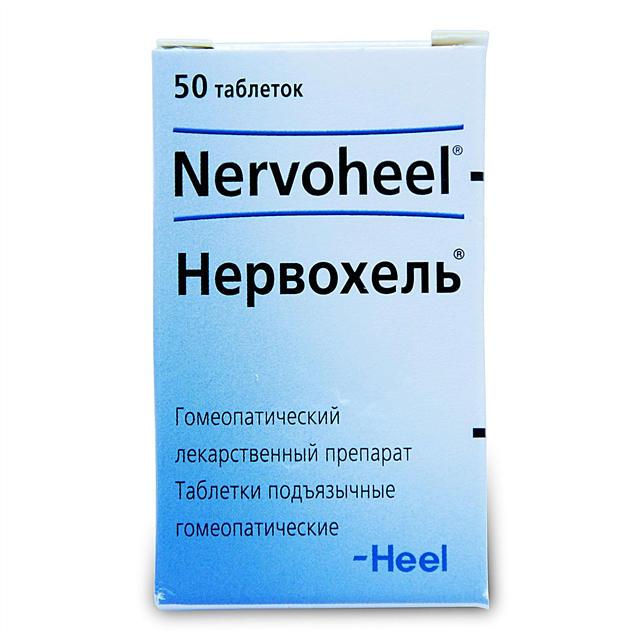Despite the fact that most children love to swim, it happens that the baby begins to cry during or at the end of water procedures. A child's tears scare the parents. Most often, children's roar has a very specific reason, finding out and eliminating which, you can forget about such a problem in the future.

Not all babies enjoy swimming
Why does the baby cry when bathing
There can be many reasons why a baby cries both after bathing and when taking water procedures. Most often, everything is more or less obvious.
Uncomfortable temperature
If the baby is placed in too cold or too hot water, he will be uncomfortable. It is not surprising that he may start to act up or even cry. This can happen both during washing and after the procedure. In the latter case, this happens when it is cool in the room in which the child is being pulled out of the water and dried with a towel.
To avoid problems, it is enough to slightly more closely monitor the temperature regime of water and air. Water should be approximately + 33 ° С, and air - + 23 ° С. It is most convenient to check the temperature with a special thermometer. In the absence of such, it is allowed to lower the elbow of the hand into the water and listen to your own feelings.
Fear
Sometimes the cause of a baby's tears is that he is afraid. If at some point in the past the baby was burned, sipped water, or a soap solution got into his eyes, he may develop a fear of a repetition of the situation. Parents should not rely on the short memory of babies. Many situations and circumstances are deposited in their subconscious, and they will have to make a lot of efforts to help the baby cope with his fears.
Important! If a newborn cries when bathing, in no case should you shout at him or speak in an irritated tone. This can only make the situation worse.
Bathroom dimensions
In some cases, the baby begins to cry when taking water procedures, if the parents refuse to use the baby bath too early and place it in a standard bath. If the baby is accustomed to the aquatic environment while in the womb, then in the case of large bodies of water everything is more complicated. They are unfamiliar to him, therefore they cause discomfort. When accustoming a baby to a large bath, it is recommended to wrap it in a diaper for a while. This will allow you to simulate conditions that are more familiar to your baby, which in turn will facilitate adaptation.
Uncomfortable position
The child may also cry because the bathing parent is holding him in an uncomfortable position. Sometimes moms and dads, fearing that the baby might slip out of wet hands, squeeze him too tightly. Sometimes it is enough to take the child in a slightly different way to calm him down.
Fatigue and hunger
Bathing tears may not be related to the procedure at all. For example, if the child is hungry or starts to fall asleep. If the washing process is too long, it can also make the baby cry.
It is only extremely rare that the answer to the question of why a baby cries after bathing or while taking a bath has to be sought in conjunction with medical specialists. In this case, the baby's restless behavior and whims are not limited to the bathing time. He may cry at night while sleeping or eating. In these cases, it is strongly recommended to show the baby to a gastroenterologist or neurologist.
If the baby has a curvature of the spine in the cervical vertebra, he relaxes during water procedures, but when he is pulled out of the water, the pain in the muscles returns, and he begins to cry.
Why does a baby cry after swimming
The baby cries after a bath most often because she feels discomfort: she wants to eat, drink or sleep. To avoid problems, feeding the baby should be streamlined in accordance with the schedule of water procedures. It is enough to feed the baby tightly about an hour or two before bathing, and he will not become capricious. If you cannot avoid tears, then their reason lies elsewhere.
So, it is strongly not recommended to bathe the baby immediately after the daytime sleep has ended, and if he is already starting to fall asleep. The noise of the water, the temperature difference in the borderline state between wakefulness and sleep will inevitably scare the baby, and he becomes capricious.

Different water temperatures can be comfortable for different babies
However, not only a sleepy child can get scared. Any external factors can disturb the baby and make him burst into tears, including loud music, bright light, neighbors who started working with a puncher in the evening, and much more. If something like this is constantly repeated during bathing, certain cause-and-effect relationships will form in the baby, and water procedures will start to scare him no less than loud sounds.
Important! To prevent the child from crying, it is necessary to bathe him in the most calm and benevolent atmosphere. It is imperative to talk and play with him. If you turn washing into a pleasant ritual, the baby will experience extremely positive emotions.
Fatigue can also cause a baby to cry after bathing. Most often, parents of low birth weight or premature babies face this problem.
How to calm your baby
If a newborn is crying, he must be reassured. To make the water procedures as comfortable as possible for the baby, you should prepare everything you need in advance:
- place detergents at arm's length;
- put on a special visor on the baby that does not allow water to enter the eyes;
- install a special slide on which you can put the baby;
- lay an anti-slip mat on the bottom of the bath;
- bring a soft and fluffy towel to wrap up after bathing;
- bring into the bath the clothes that the child is going to wear after the procedure.
If, despite all the efforts made by the parents, the child begins to cry when he is lowered into the water, it is worth changing tactics and replacing the bath with rinsing in the shower. Alternatively, you can try to draw a minimum amount of water into the bath and teach your baby to it gradually, each time making the depth a little deeper.
The addition of a decoction of mint, chamomile or lavender essential oil to the bath will help to calm the baby. You just need to first make sure that the baby is not allergic to the listed plants.

It is necessary to hold the child correctly when washing
It may take more than one month before the baby gets used to water procedures. Therefore, parents should be patient. True, after a few years another difficulty may arise - how to get the baby out of the bath.
Tips for making bathing easier
Some simple tips can greatly simplify the process of bathing your baby:
- Only by experimenting for several days will parents be able to understand which water is most comfortable for their child. But having finally decided on the temperature regime, parents can expect that the screams and crying will end.
- The room into which the child will be taken out, steamed after bath procedures, must be warm. If for some reason this is not possible, the baby should be wrapped up better.
- In no case should you bathe your baby contrary to his biological clock.
- It is worth refraining from taking baths if the baby is sick.
- In the process of teaching your child to take a big bath, you can teach him how to swim at the same time. This will make bathing a fun game.
- The baby can even be taught to dive. There is no need to worry about it choking. The fact is that newborns reflexively close the airways. If you do not practice diving regularly, the innate skill is automatically lost by the age of two months.



